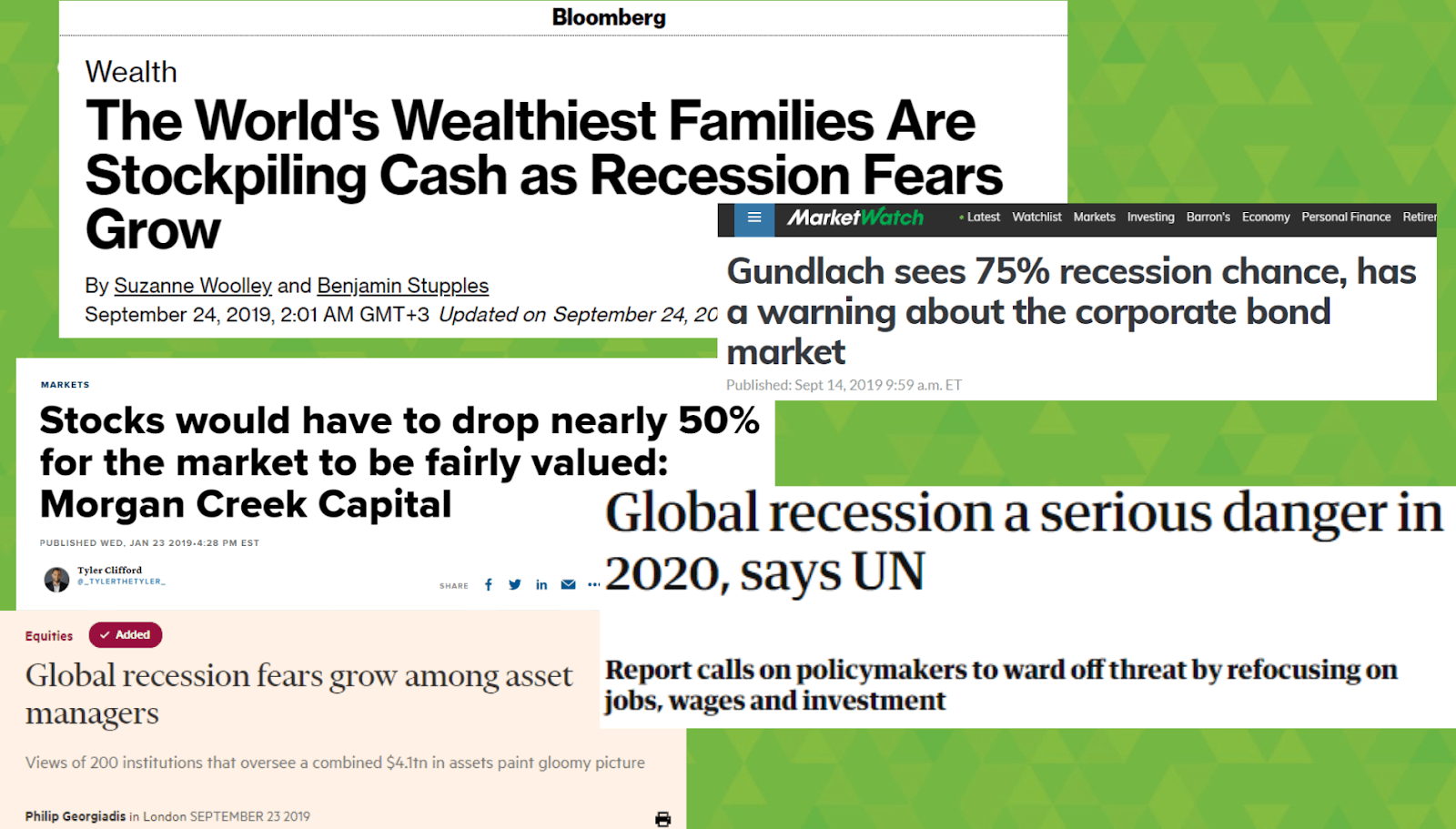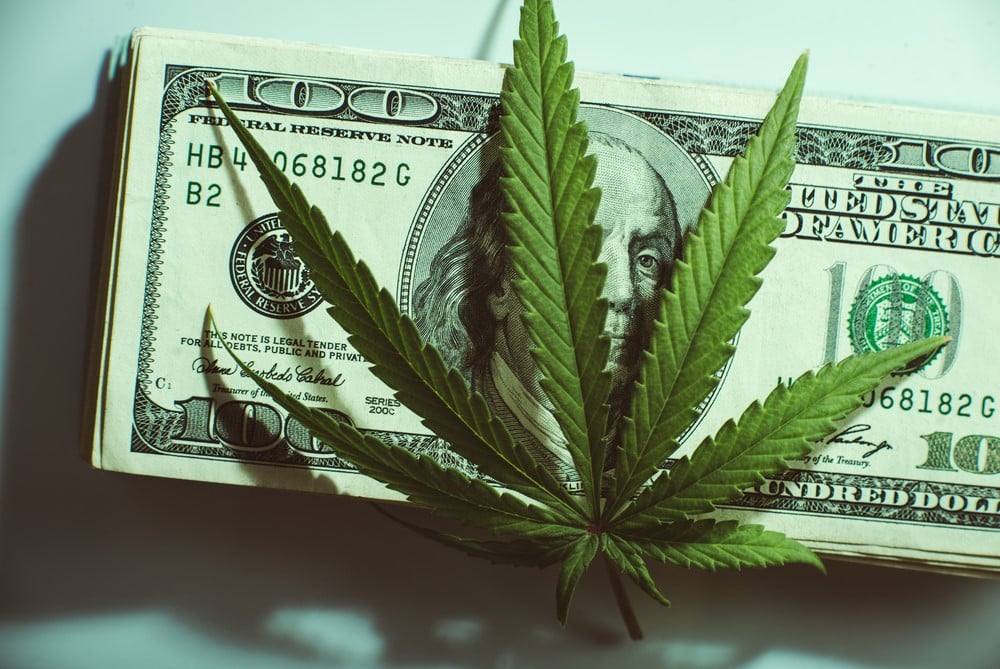Please feel free to sign up to watch this month’s recorded webcast here.
As expected, geopolitics has played a huge role in the financial markets lately. Even the central banks, the largest players in the market, have stood by watching. Now that we’re moving closer to a resolution of some of the main themes, let’s take a look at the markets from the unique perspective of our senior market analyst, Mati Greenspan, who will review with you the latest trends of stocks, commodities, currencies and cryptos.
What was covered:
- eToro Club Benefit Program
- Battle of the Traders
- Possibilities of a global recession
- Inversion of the yield curve
- Central bank activity
- Portfolio management and diversification
- Currency trading
- Commodities
- Renewable energy
- Cannabis Care
- BTC
- FoodTech
0:30min eToro Club Benefits discussed, refer to here for more information

Some of the benefits discussed are as follows:
- Personal Account Manager
- No withdrawal fees
- Faster customer service
- Regular trading videos and Webinars
- Regular trading updates from our Senior Market Analyst and Webinars
- Access to unlimited articles on FT.com
- Email alerts with breaking news from The Financial Times
- Daily emails with the top news stories from The Financial Times
- Regular trading updates from our Senior Market Analyst and Webinars
- Free access to our Trading Central Platform – which you can learn more about here.
For more information please speak to your account manager.
3:02min Battle of the Traders
Ptrmrtn Peter Marton – This Slovakian Popular Investor has been with eToro since 2016 and has experience as a senior manager in retail banking. He started out copying other traders before trading on his own. He recommends copying him for at least 3 months and to copy open trades.
scespejo Sebastian Espejo Castro – This Spanish pop investor has been with eToro since early 2016. According to his bio, he has more than 10 years of investment experience and focuses on non-leveraged mid- to long-term investments. According to his stats, he keeps his portfolio diversified and risk score moderate.
12:25min Possibilities of a global recession

15:40min Inversion of the yield curve

24:57min Question: Is it true that quantum computing will break every crypto?
Answer: The computer is not nearly powerful enough to crack BTCs code.
Suggested video for more on this topic.
29:30min Result review for ISM Non-Manufacturing PMI – Negative results
35min Central bank activity

42:50 Brexit and GBP/JPY
43:50min Portfolio management and diversification
45:24min Commodities
45:50min Gold chart review
47:42min Oil chart review

48:36min Renewable Energy and impact investing – This portfolio is composed of 22 global companies (11 countries) that represent a variety of renewable energy sectors and most are considered “pure players” (companies whose main line of business is renewable energy).
The time to market is highly relevant, as today, the world acknowledges not only the importance of clean energy production, but also the technological capability to actually produce mass amounts of gigawatts and connect them to major gridlines.
Please review further information in our Overview, Video. and our Blog Post.

50:34min CannabisCare and HMMJ
CannabisCare Smart Portfolio Its weak performance is discussed as it is seen across the board in the majority of Cannabis-related companies and there are several valid reasons which have attributed to the disappointing results.
Canada has been facing supply shortages of dried cannabis flowers since day one of the drug’s legalisation (Oct. 17, 2018). Health Canada has been contending with a gigantic backlog of cultivation, processing, and sales licence applications, with select provinces also being slow to approve physical dispensary licences. Despite implementing solutions to these issues, Canada is still likely many quarters away from making significant headway on its supply shortage.
Meanwhile, certain legalized US states have struggled with high tax rates. In California, residents in certain locales could be shouldering a tax burden of up to 45% on cannabis, which doesn’t take into account ancillary fees, such as laboratory testing and compliance costs that are also being built into cannabis pricing. This has allowed black market producers to easily undercut legal channel marijuana on price, thereby, seriously curbing sales growth.
This is a young business sector in which companies are evolving in small steps, just like any other business. The fact is that all industries need time to mature, and the legal cannabis industry is no different. Mind you, this doesn’t mean there won’t be winners in the marijuana industry. But it does suggest that it will take some time before we know the identity of these winners.
Having said that, the fact that large-cap pharma companies are getting into the race is a positive signal for what the future holds for the plant.
Despite its poor performance over the last 6 months, this is still an industry which generated just short of $11 billion last year and is expected to become a $50-$200 billion industry by the end of the next decade.

56min Digitisation of Assets
56:50min Question: How would BTC react to a recession – Answer discussed
62:31min We will be opening a new FoodTech Smart Portfolio.
Food is essential to human life. Not only does it keep us alive, but it also provides us with the nutrients to grow, develop, and stay healthy. Without access to nutritious food, human development stalls and as a result, economic growth deteriorates.
In the years ahead, the entire food industry is going to experience a significant amount of disruption. Already, innovations in agricultural technology, supply chain management, and food delivery are having a profound impact on the way food is produced and consumed.
Yet, what we have seen so far is just the beginning. According to research from UBS, the AgriFood Tech industry – which incorporates all FoodTech and AgTech companies across the entire food supply chain – represents a $700 billion market.
To protect the environment for future generations, food production needs to become more sustainable. Reducing food waste is one factor that could have a huge impact. According to the UN, 1.3 billion tons of food (approximately one third of the total food produced) are wasted every year. With the UN recently having set a goal of halving global food waste by 2030 as part of its Sustainable Development Goals for 2030 programme, governments around the world are beginning to make a sustained effort to reduce food waste.

We hope you enjoyed the webcast. If you have any feedback or comments, please feel free to connect with Mati Greenspan on all social media channels: eToro, Twitter, LinkedIn.
eToro is a multi-asset platform which offers both investing in stocks and cryptoassets, as well as trading CFD assets.
Please note that CFDs are complex instruments and come with a high risk of losing money rapidly due to leverage. 76% of retail investor accounts lose money when trading CFDs with this provider. You should consider whether you understand how CFDs work, and whether you can afford to take the high risk of losing your money.
Cryptoassets are volatile instruments which can fluctuate widely in a very short time frame and, therefore, are not appropriate for all investors. Other than via CFDs, trading cryptoassets is unregulated and ,therefore, is not supervised by any EU regulatory framework. Your capital is at risk.
Data presented during the webcast is accurate as of October 3rd, 2019.

